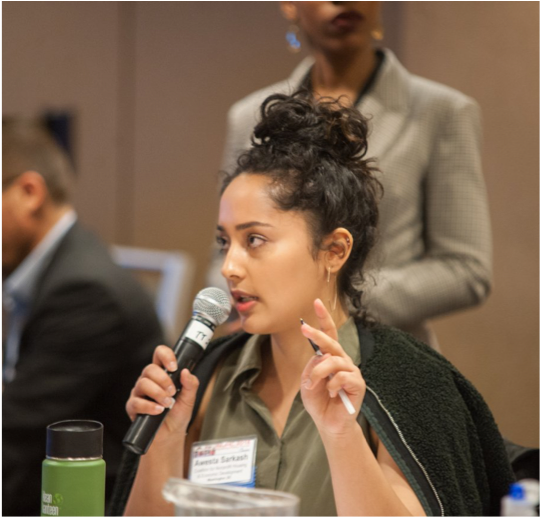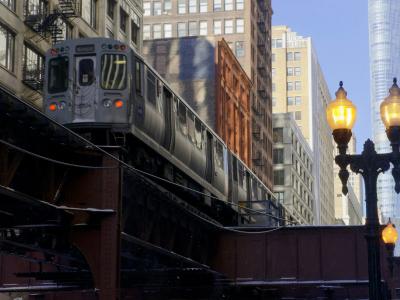-
State Data Overview
Across Virginia, there is a shortage of rental homes affordable and available to extremely low income households (ELI), whose incomes are at or below the poverty guideline or 30% of their area median income (AMI). Many of these households are severely cost burdened, spending more than half of their income on housing. Severely cost burdened poor households are more likely than other renters to sacrifice other necessities like healthy food and healthcare to pay the rent, and to experience unstable housing situations like evictions.
KeyFacts243,675Or22%Renter households that are extremely low income-164,158Shortage of rental homes affordable and available for extremely low income renters$36,510Average income limit for 4-person extremely low income household$69,967Annual household income needed to afford a two-bedroom rental home at HUD's Fair Market Rent.77%Percent of extremely low income renter households with severe cost burden -
State Level Partners
NLIHC Housing Advocacy Organizer

Billy Cerullo
State PartnersVirginia Housing Alliance
2800 Patterson Ave. Suite 302
Richmond, VA 23221
P 804.655.6590
www.vahousingalliance.org
Brian Koziol, Executive Director
[email protected]Isabel McLain, Director of Policy and Advocacy
[email protected]Become an NLIHC State Partner
NLIHC’s affiliation with our state coalition partners is central to our advocacy efforts. Although our partners' involvement varies, they are all housing and homeless advocacy organizations engaged at the state and federal level. Many are traditional coalitions with a range of members; others are local organizations that serve more informally as NLIHC's point of contact.
Inquire about becoming a state partner by contacting [email protected]

-
Housing Trust FundHTF Implementation Information
NLIHC continues working with leaders in each state and the District of Columbia who will mobilize advocates in support of HTF allocation plans that benefit ELI renters to the greatest extent possible. Please contact the point person coordinating with NLIHC in your state (below) to find out about the public participation process and how you can be involved.
Current Year HTF Allocation$16,038,732
HTF State Resources2020
Draft Action Plan, HTF Allocation Plan on page 67 (PDF)
2018
HTF Allocation Plan (PDF)
Affordable and Special Needs Housing (ASNH) Presentation (PDF)
Affordable and Special Needs Housing (ASNH) Application Instructions (PDF)
Affordable and Special Needs Housing (ASNH) Application Program Guide (PDF)
2018 Annual Action Plan, with HTF-specific on page 189 (PDF)
2017
Draft HTF Allocation Plan, pages 117-156 of draft Annual Action Plan (PDF)
2016
HUD-Approved 2016 Allocation Plan (PDF)
Slides: How to apply for HTF (PDF)
Application Guidelines (PDF)
Application Instructions (PDF)
August 11 Version (PDF)
HTF Allocation Plan Comments Submitted by the Virginia Housing Alliance (PDF)
Draft HTF Allocation Plan by Virginia Department of Housing and Community Development (PDF)
Slides from NLIHC’s presentation on HTF implementation in Virginia dated June 16, 2016 (PDF)
State Designated EntityState Entity Webpage
Virginia DHCDOfficial Directly Involved with HTF ImplementationChloe Rote
Associate Director of Affordable Housing
804-840-1909
[email protected]Kaycee Ensign
Housing Policy Analyst
804-543-0096
[email protected]Trisha Lindsey
Legislative Director
[email protected]Lyndsi Austin
Associate Director, Housing Policy and Compliance
804-371-7122
[email protected]NHTF-specific Pages
National Housing Trust Fund
Annual Action Plans
Affordable and Special Needs Housing (ASNH) program -
ResourcesResources
Housing Profiles
State Housing Profile
State Housing Profile: Virginia (PDF)
Congressional District Housing Profile
Congressional District Profile: Virginia (PDF)
Research and Data
National Housing Preservation Database
The National Housing Preservation Database is an address-level inventory of federally assisted rental housing in the United States.
Out of Reach: The High Cost of Housing
Out of Reach documents the gap between renters’ wages and the cost of rental housing. In Virginia and Nationwide
The Gap: A Shortage of Affordable Rental Homes
The Gap represents data on the affordable housing supply and housing cost burdens at the national, state, and metropolitan levels. In Virginia and Nationwide
Explore Other States
